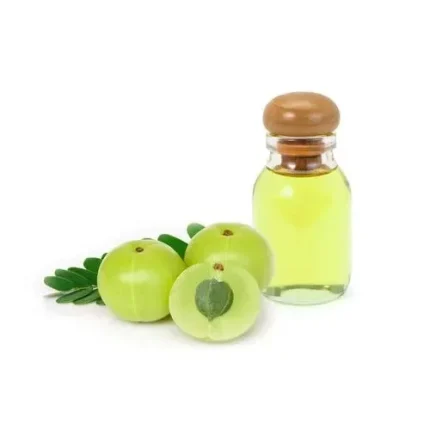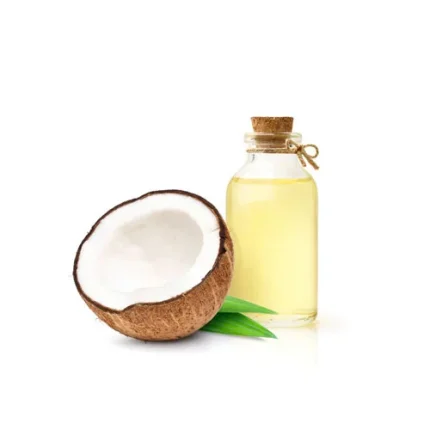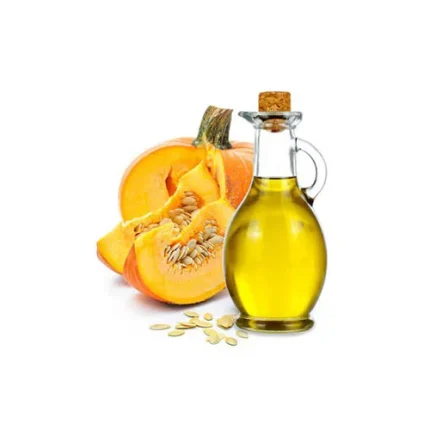

Cod Liver Oil روغن مچھلی
₨4,999 Original price was: ₨4,999.₨2,299Current price is: ₨2,299.
Overview
Fish oil comes from the tissues of oily fish like salmon, mackerel, sardines, and anchovies. It’s a great source of omega-3 fatty acids, particularly eicosapentaenoic acid (EPA) and docosahexaenoic acid (DHA). Omega-3 fatty acids are essential, meaning our bodies can’t produce them and we need to get them from our diet. These fatty acids are important for overall health and are especially recognized for their potential benefits in heart health, brain function, and managing inflammation.
Benefits
Omega-3 fatty acids are well-known for their beneficial effects on heart health. They can help lower triglyceride levels, reduce blood pressure, and decrease the likelihood of irregular heart rhythms, all of which contribute to better heart function. Regular consumption of fish oil has been associated with a reduced risk of heart disease and stroke. DHA, an essential component of brain tissue, plays a vital role in cognitive function, memory, and concentration. Omega-3 fatty acids may also help lower the risk of cognitive decline related to aging and mental health issues such as depression and anxiety. Thanks to their anti-inflammatory properties, omega-3 fatty acids can benefit those with chronic inflammatory conditions like rheumatoid arthritis or inflammatory bowel disease, leading to improved joint health. Moreover, omega-3s support eye health by lowering the risk of macular degeneration and dry eye syndrome.
How To Consume
Mix with a smoothie:
Add a teaspoon or tablespoon of liquid fish oil to your favorite smoothie recipe. The flavors of the smoothie can help mask the taste of the fish oil.
Mix with yogurt:
Stir a teaspoon or tablespoon of liquid fish oil into a serving of yogurt. Choose flavored yogurt or add fruits, nuts, or honey to enhance the taste.
Salad dressing:
Incorporate fish oil into homemade salad dressings by combining it with olive oil, vinegar, herbs, and spices. Shake or whisk the ingredients together to create a nutritious dressing.
Drizzle over cooked food:
After cooking your meal, you can drizzle liquid fish oil over steamed vegetables, grilled fish, or other cooked dishes to add a boost of omega-3 fatty acids.
Why Choose Us
It helps to retain the aroma, flavours, and healthy nutrition. The zero involvement of heat in the cold-pressed method makes it a better choice. Although it is a time-consuming process, the quality is much better when compared to the other oils. Besides retention, natural aroma, nutrition, flavour, and texture are its other highlights.
On the contrary, the refined oil-making process involves filtration through various unwanted and hazardous chemicals and heat, making the oils look light and shiny. This mechanized process makes the oilseed devoid of natural organic ingredients that our body needs daily. Refined oil has a lot of fat and is vacant of nutrition.


 Shop layouts
Shop layouts
 Food Supplements
Food Supplements
















Reviews
There are no reviews yet.